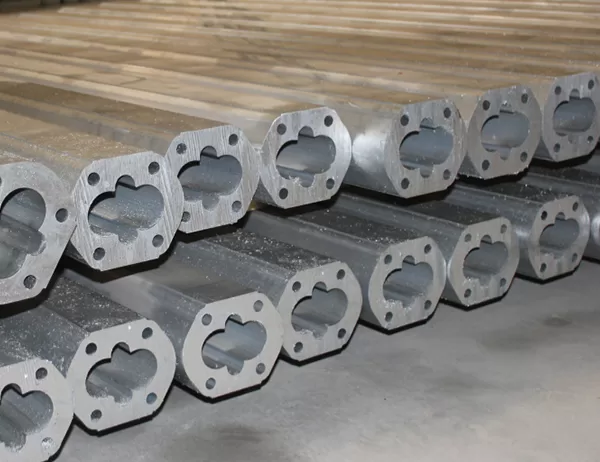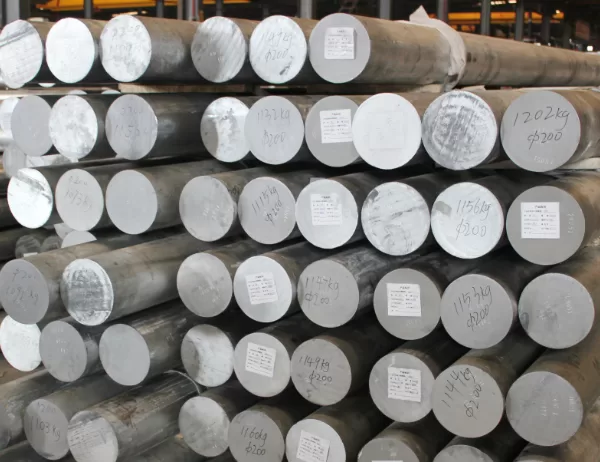Solar panels have become increasingly popular as a clean and renewable source of energy. However, the environmental impact of solar panels must also be considered. Aluminum frames are a common component of solar panels and significantly impact their environmental profile. This article explores the environmental advantages of using aluminum frames in solar panels.
Durability and Longevity
Aluminum is an incredibly durable material, resistant to corrosion, rust, and weathering. Its durability ensures that solar panels with aluminum frames withstand harsh environmental conditions, such as extreme temperatures, UV radiation, and moisture. This extended lifespan reduces the need for frequent panel replacement and maintenance, which minimizes the associated environmental impacts.
Lightweight and Transportability
Aluminum is lightweight yet strong, making it an ideal material for solar panels. The lightweight design reduces the transportation weight, saving fuel and lowering emissions during panel delivery. Additionally, the reduced weight facilitates easier installation, minimizing site disturbance and the need for heavy machinery.
Recyclability and Sustainability
Aluminum is a highly recyclable material. Over 75% of produced aluminum is recycled, making it a sustainable choice for solar panel frames. The recycling process consumes significantly less energy than primary aluminum production, resulting in a lower carbon footprint. By incorporating recycled aluminum into solar panels, manufacturers contribute to waste reduction and resource conservation.
Environmental Impact of Frame Alternatives
Steel frames are an alternative to aluminum but have several environmental drawbacks. Steel is heavier, requiring more energy for transportation and installation. Furthermore, steel is prone to corrosion and rust without proper coatings, increasing maintenance needs and environmental impacts.
Plastic frames are another alternative but pose durability and disposal challenges. Plastics can degrade over time, especially when exposed to sunlight and extreme weather conditions, leading to premature panel failure and increased waste. Moreover, plastic frames are often not recyclable, exacerbating the environmental burden.
Conclusion
Aluminum frames offer significant environmental advantages for solar panels. Their durability and longevity reduce maintenance needs and panel replacement frequency. The lightweight design facilitates easier transportation and installation, minimizing emissions and site disturbance. Furthermore, its recyclability and the use of recycled aluminum contribute to waste reduction and resource conservation. By incorporating aluminum frames into solar panels, manufacturers can promote sustainability and mitigate the environmental impacts of solar energy.




